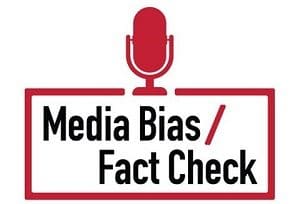
Pseudoscience: Consists of statements, beliefs, or practices that are claimed to be both scientific and factual but are incompatible with the scientific method (unproven, not testable, or opposed to the consensus of traditional science).
Mask Misinformation
Definition: A surgical mask or any other type of nose and mouth covering that is worn to protect the wearer from splashes and/or droplets that may contain viruses. The mask is also worn to protect those around the wearer from expelled droplets, similar to covering your mouth or nose when coughing and sneezing. In other words, it serves as a barrier to prevent or lessen the transmission of disease. There are many different types of masks that offer a variety of protection levels from minimal to almost 100%.
Reasoning: Surgical Masks have been worn by doctors and nurses for over 100 years and have a long history of being a protective barrier in the field of medicine.
During the 2020 Coronavirus outbreak, there have been numerous false claims made that masks don’t work or even that masks make the disease worse or cause the wearer health problems. None of this is true. According to the Journal Nature, “the science supports using masks, with recent studies suggesting that they could save lives in different ways: research shows that they cut down the chances of both transmitting and catching the coronavirus, and some studies hint that masks might reduce the severity of infection if people do contract the disease.” Further, in a research study conducted at the University of Hong Kong they “housed infected and healthy hamsters in adjoining cages, with surgical-mask partitions separating some of the animals. Without a barrier, about two-thirds of the uninfected animals caught SARS-CoV-2. But only about 25% of the animals protected by mask material got infected, and those that did were less sick than their mask-free neighbors (as measured by clinical scores and tissue changes).” Finally, studies have shown that any barrier offers some protection from covid-19 with one study reported by the CDC that found homemade cloth masks may also reduce aerosol exposure although less so than medical masks and respirators. In general, the consensus is that mask-wearing is effective at limiting disease transmission.
More Information
Conclusion: Wearing any type of face-covering offers some protection to the wearer and those around them, with many, masks offering higher levels of protection such as the N95 mask. The consensus of research demonstrates that masks are an effective way to limit the transmission of Covid-19. It is important to note that masks are not 100% effective in preventing the transmission of Covid-19, but they have been shown effective in reducing transmission.
Last Updated on October 31, 2020 by Media Bias Fact Check
Do you appreciate our work? Please consider one of the following ways to sustain us.
or
Left vs. Right Bias: How we rate the bias of media sources
